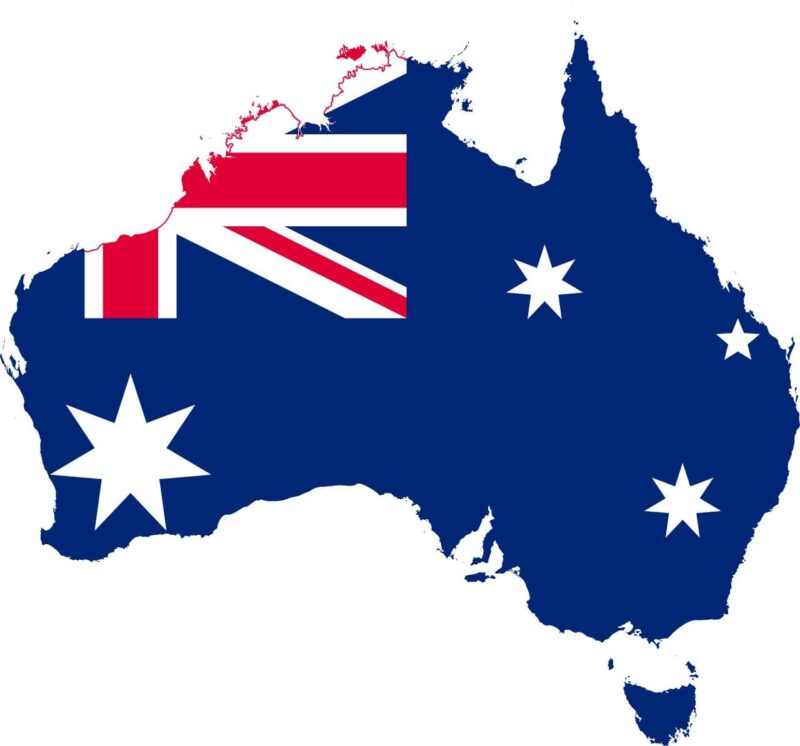Yasmin Qureshi Labour Member of Parliament for Bolton South East

I would support a trade deal with Australia that is designed in the interests of the British people, but the deal in front of us is far from that.
There are two major concerns over the agreement: the inclusion of Investor-State Dispute Settlement (ISDS) and the threat it poses to British farming.
I have always opposed the inclusion of ISDS in trade deals that the UK has negotiated, including TTIP and CETA.
As you may know, ISDS is a mechanism that allows a foreign investor to bring legal proceedings and seek compensation from a country if it is believed to have broken the rules of a treaty or trade agreement.
The Joint Committee on Human Rights reported in March 2019 that there was increasing evidence that ISDS discouraged countries from introducing measures to protect human rights and public health.
This followed high-profile examples of ISDS in the NAFTA agreement resulting in cases being brought against Canada for imposing a moratorium on fracking and Uruguay for planning to introduce warning labels for cigarette packaging. In both cases, the will of the people, and their governments, was challenged and halted because it went against the profit motives of multinational companies.
I believe that if Britain commits to more private tribunals to resolve trade disputes, then open and fair justice will be further eroded, and the power of multinational corporations over our laws and lives will be further entrenched.
On the second major concern of the proposed UK-Australia free trade agreement, there are worries that the deal could be damaging to both farmers and customers.
British farmers could be undercut by Australian farmers, who have the advantages of having access to much more and cheaper land and a significantly smaller domestic market to fulfil.
Customers could also suffer as British regulations are cut to match Australia’s, which includes the use of agricultural chemicals that are banned in the UK, and the EU. This would be a way for the Government to deregulate our food standards whilst avoiding comparisons to the US.
Furthermore, the deal is being rushed through without proper debate, consultation or scrutiny.
Unfortunately, the Government rejected amendments to its Trade Bill that sought to ensure proper scrutiny of future trade agreements, so MPs may not even have the chance to debate the Australian trade deal before it is signed, let alone vote on it before it comes into force. Sadly, this has long been the approach of the Government, to lock MPs, Lords, the Devolved Parliaments, and ultimately the people out of the decision-making process for these trade deals.
Nevertheless, I can assure you that my Opposition Colleagues and I will continue to support every effort we can to: oppose the inclusion of ISDS in the deal, ensure that it does not damage British farming, and allow Parliament to properly scrutinise and vote on it.
